Cheese—comfort food or a hidden health and ethical disaster?
It may seem harmless, but behind every bite lies shocking truths about health risks, animal cruelty, and environmental damage.
If you’re vegan or thinking about it, you’ll want to know these 14 reasons why cheese isn’t as innocent as it looks. Let’s dive in—you might be surprised!
1. Animal Cruelty: The Hidden Suffering
Cheese isn’t just a byproduct of milk—it comes at a cruel cost.

Dairy cows are forced into constant pregnancies to keep producing milk. Their calves are taken away within hours, causing extreme distress. Male calves are often slaughtered for veal, while females repeat the cycle.
It’s a system built on suffering, making cheese far from the innocent indulgence many believe it to be.
2. Heart Disease Risk: The Silent Killer
Cheese is loaded with saturated fat and cholesterol, both major contributors to heart disease.

Regular consumption can clog arteries, increasing the risk of heart attacks and strokes. The American Heart Association warns that dairy fat raises bad cholesterol (LDL), putting your heart in danger.
RELATED: Top 13 Most Absurd Reasons Not To Go Vegan
If you want to protect your heart, cutting out cheese is a smart first step.
3. Lactose Intolerance: A Global Issue
About 65% of the world’s population can’t properly digest lactose, the sugar in dairy.
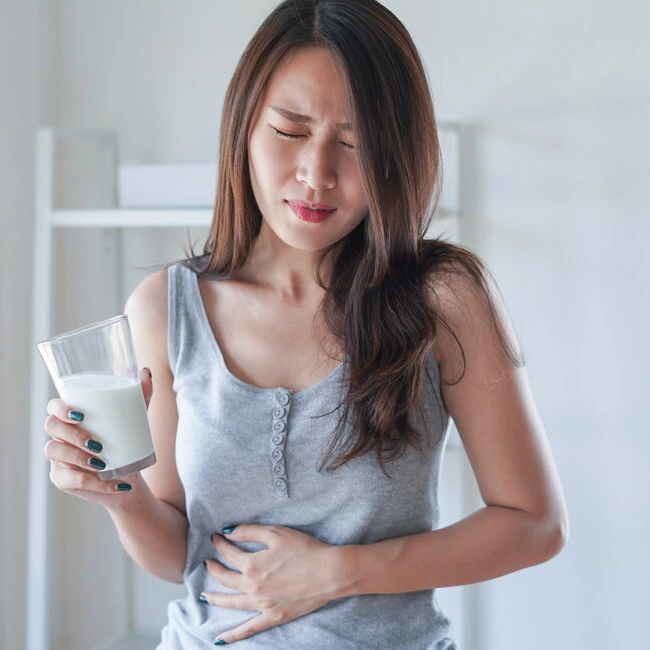
Cheese can trigger bloating, gas, cramps, and diarrhea, making it a nightmare for digestion. Even if you tolerate it now, lactose intolerance can develop over time.
4. Environmental Destruction (The Real Cost of Dairy)
Cheese production leaves a massive carbon footprint. The dairy industry emits methane, a greenhouse gas 25 times more potent than CO₂.

It also wastes enormous amounts of water—it takes 700 gallons to produce just one pound of cheese. Deforestation and water pollution from dairy farms further destroy ecosystems.
RELATED: 10 Powerful Ways Veganism Helps Combat Climate Change
5. Hormonal Disruption: Messing with Your Body
Cheese contains estrogen and progesterone, natural hormones from cow’s milk.
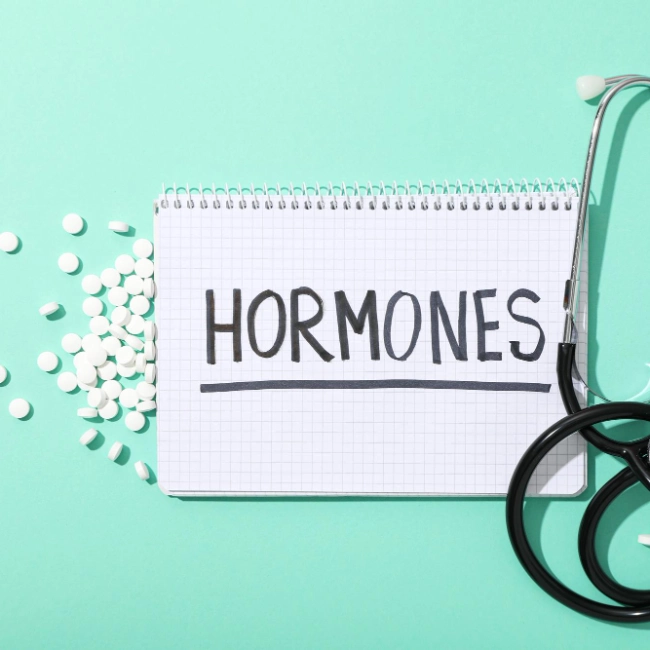
Consuming it regularly can disrupt your body’s hormone balance, leading to mood swings, acne, and reproductive issues. Studies suggest it may even increase the risk of hormone-related cancers.
6. Pus in Dairy: A Gross Reality
Here’s a disgusting fact—cheese can contain pus.

Dairy cows often suffer from udder infections, releasing somatic cells (including pus) into milk. While legally filtered, traces remain in dairy products, including cheese.
7. Antibiotic Resistance: A Growing Threat
Dairy cows are routinely given antibiotics to prevent infections, but these drugs end up in cheese.
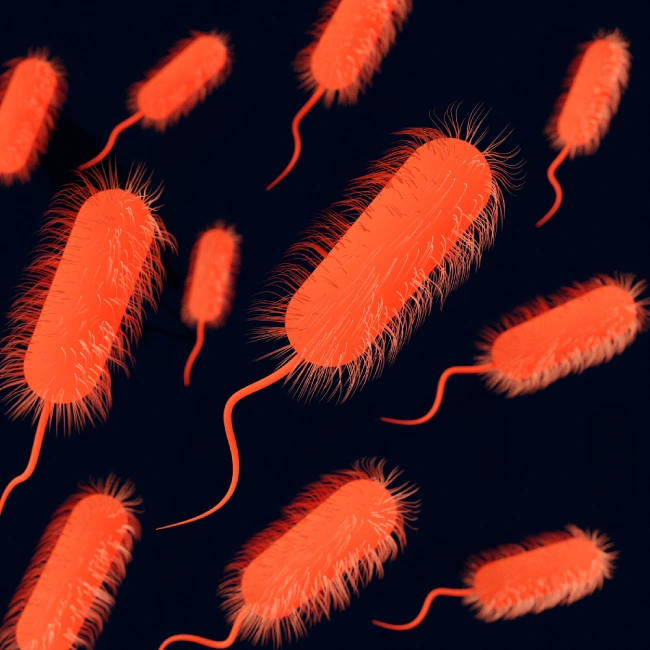
Consuming them over time contributes to antibiotic resistance, making infections in humans harder to treat. The CDC warns that superbugs are a growing threat.
8. Weight Gain & Obesity: Hidden Calories
Cheese is packed with calories and fat, making it easy to overeat. Just a few extra slices can add hundreds of hidden calories to your diet.
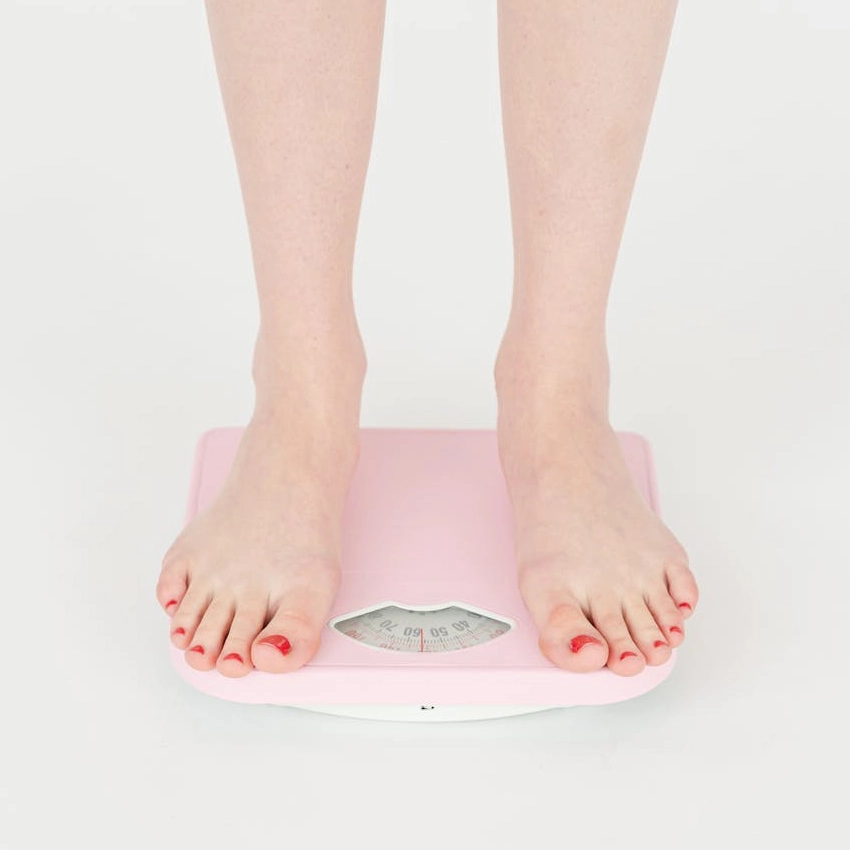
Its high fat content slows metabolism, increasing the risk of weight gain and obesity. If you’re struggling to stay in shape, ditching cheese could be the simple fix you need.
9. Cheese Addiction: The Dairy Drug
Cheese isn’t just tasty—it’s chemically addictive.
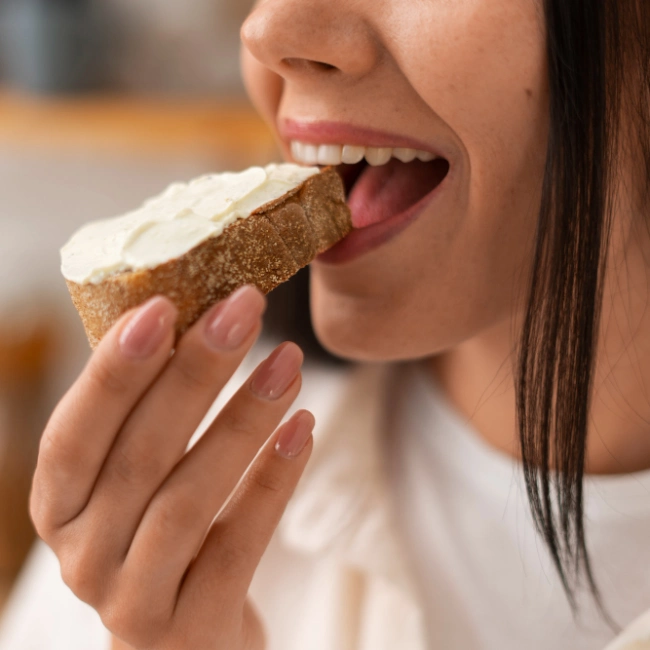
It contains casomorphins, compounds that trigger opioid-like effects in the brain, making you crave more. This is why it’s so hard to stop at one bite.
Food companies exploit this addiction, keeping you hooked. Breaking free from cheese means taking control of your health and cravings.
10. Acne & Skin Problems: The Dairy Curse
Struggling with acne? Cheese could be the culprit.
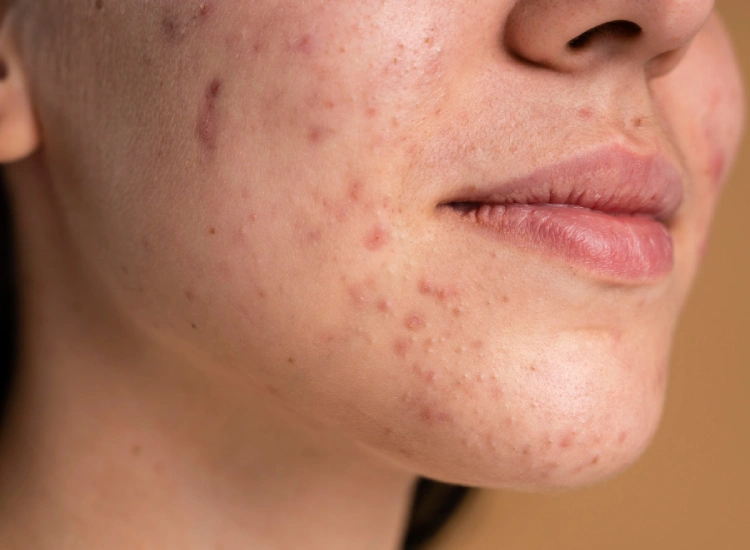
Dairy increases oil production and inflammation, leading to breakouts. Studies link milk products to hormonal acne, especially on the face and jawline.
Clearer skin could be as simple as ditching dairy.
11. Digestive Issues: The Gut Wrecker
Cheese is hard to digest, even if you’re not lactose intolerant.

Its high-fat content slows digestion, leading to bloating, constipation, and stomach discomfort. Also, dairy can disrupt your gut microbiome, affecting overall health.
If your stomach feels off, cutting out cheese might be the relief your gut needs.
12. Unsustainable Farming (A Resource Drain)
Cheese production wastes massive resources. Dairy farms drain water supplies, degrade soil, and contribute to deforestation.

It takes 10 times more land to produce dairy than plant-based alternatives. The industry also generates huge methane emissions, worsening climate change.
By skipping cheese, you’re choosing a more sustainable future—one that protects our planet’s precious resources.
13. Questionable Ingredients: What’s Really in Cheese?
Think cheese is just milk? Think again.
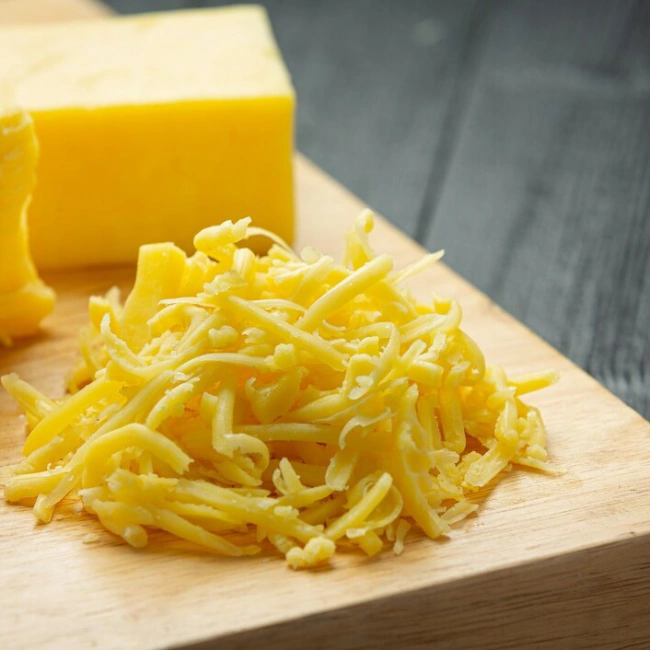
Many cheeses contain rennet, an enzyme from calf stomachs. Others grow mold and bacteria during aging. Processed varieties add preservatives, artificial colors, and chemicals.
When you know what’s inside, cheese loses its appeal. Plant-based options offer flavor without the mystery ingredients.
14. Vegan Cheese is Better Than Ever
Gone are the days of bland vegan cheese. Today’s options are creamy, flavorful, and satisfying.
Made from cashews, almonds, coconut, and soy, they melt, stretch, and taste amazing. Plus, they’re cholesterol-free and kinder to animals.
With so many brands available, ditching dairy doesn’t mean giving up cheese—it just means upgrading to a better version.

